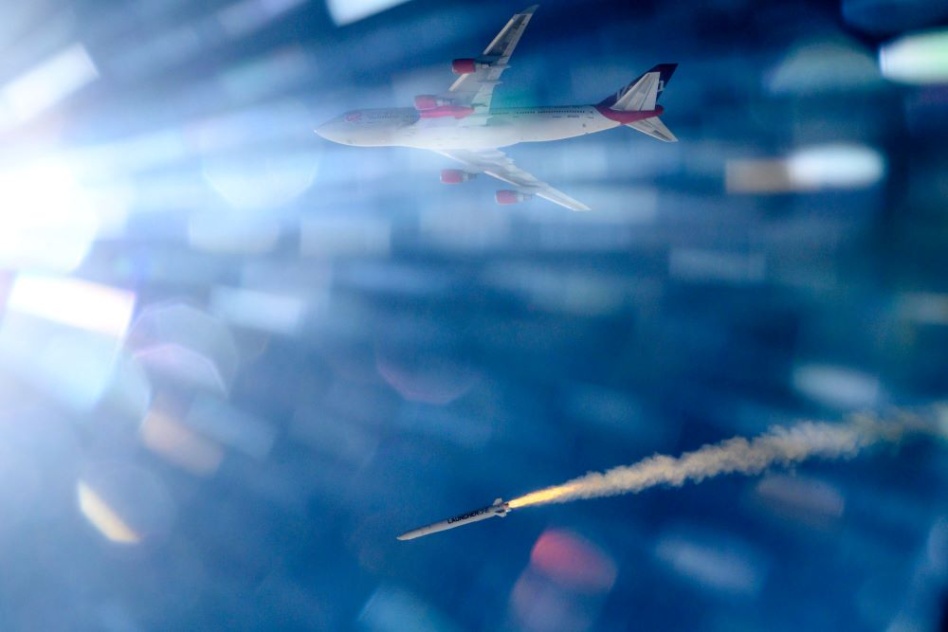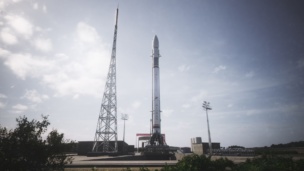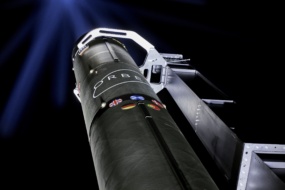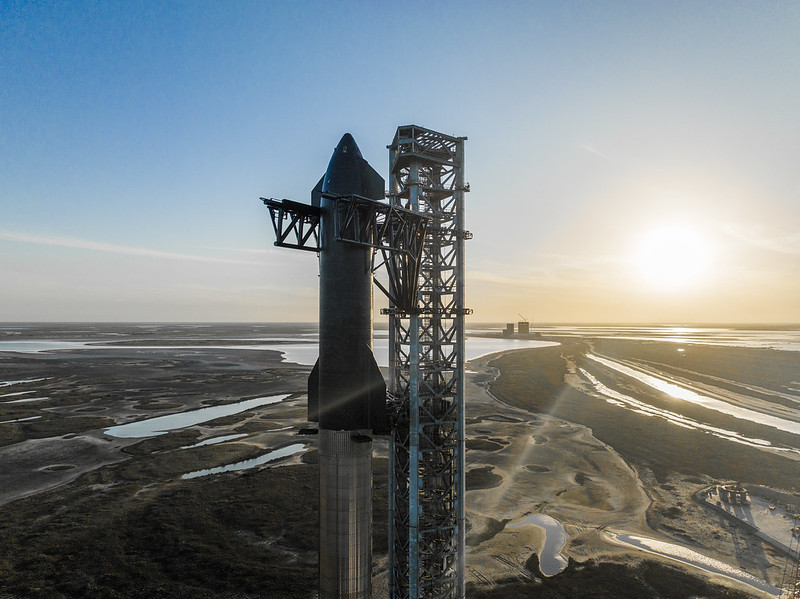Virgin Orbit has established a Brazilian subsidiary and created a catchy acronym for the entity by rearranging the order of its stock ticker ($VORB) and tacking on one letter. VOBRA, or Virgin Orbit Brasil Ltda., is its name, and launching from the equator is its game.
Brazil has also formally granted Virgin Orbit an operator’s license, a prerequisite for Virgin Orbit to conduct orbital-class missions from the country’s northern coast.
Northern coast?
The Brazilian Air Force (FAB) and AEB, its space agency, are opening up the Alcântara Launch Center to foreign launchers. AEB and Innospace recently announced that the South Korean rocket maker would conduct a suborbital launch from Alcântara in Q4. VORB (or VOBRA, pick your poison) may soon follow suit—and travel a bit farther to LEO.
As we wrote in May, “Alcântara is a crown jewel of a launch site, geographically and strategically speaking, as it’s located on the northern coast of Brazil and just two degrees south of the equator.”
Virgin Orbit would agree, noting Monday that Cosmic Girl will fly “hundreds of miles before releasing the rocket directly above the equator—a global sweet spot—or at other optimal locations identified for each individual mission.”
- LauncherOne is Virgin Orbit’s rocket. Cosmic Girl, meanwhile, is the galactically inspired moniker for Virgin’s modified Boeing 747, which serves as LauncherOne’s flying launch platform.
A “wonderful airfield”
AEB President Carlos Moura noted his agency believes “Virgin Orbit can improve its capacities by taking off from the Alcântara Spaceport. Nice weather, wonderful airfield, free airspace, and proficient tracking systems.”
- “Alcântara does not have a tough schedule,” Moura told Payload in an April interview. “You have a lot of slots that can be used by everybody.”
- “What we are finding is that most of the companies do not need to be in our country for a long time. They want to arrive, use it for a few weeks, and then get out.”
A national first: If all goes to plan, the LauncherOne mission will take flight as early as 2023. Before bearing the distinction of conducting Brazil’s first domestic orbital-class launch, Virgin Orbit and VOBRA must fulfill outstanding “formalities required by the FAB and completion of all CLA guidelines.”





